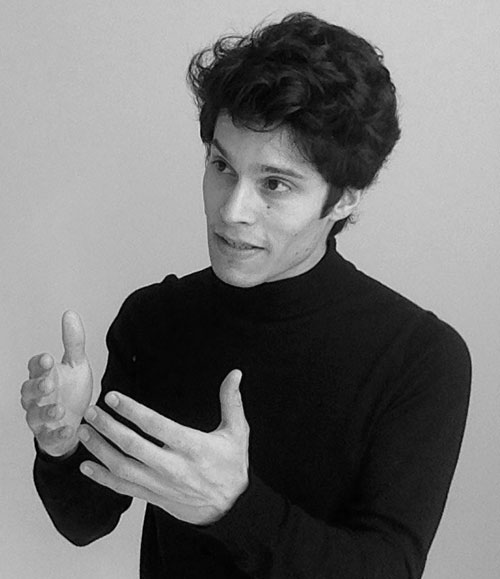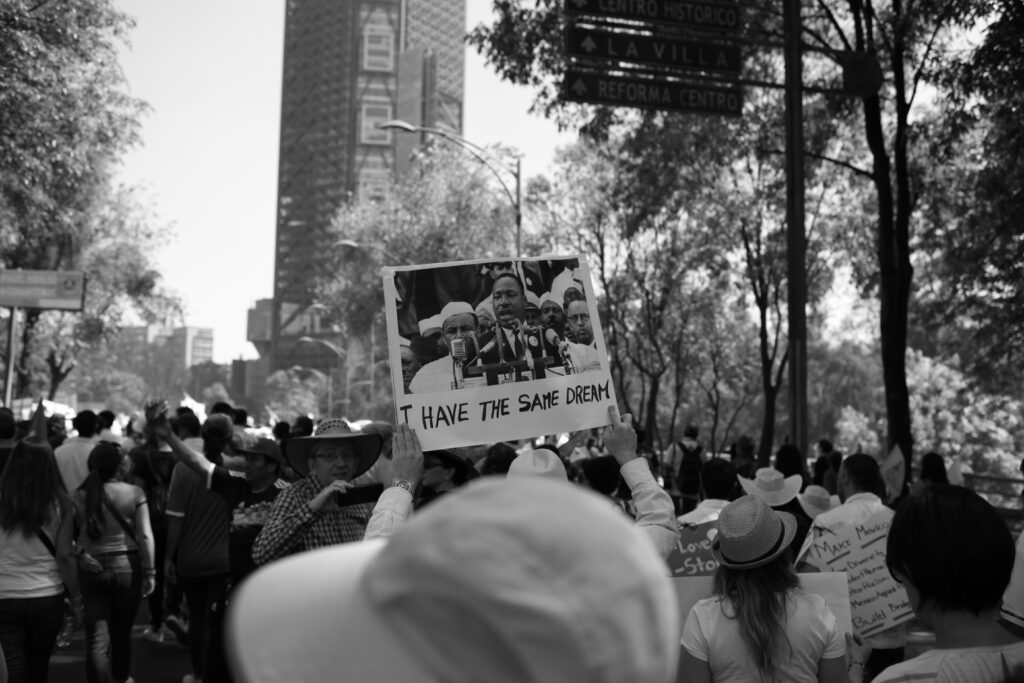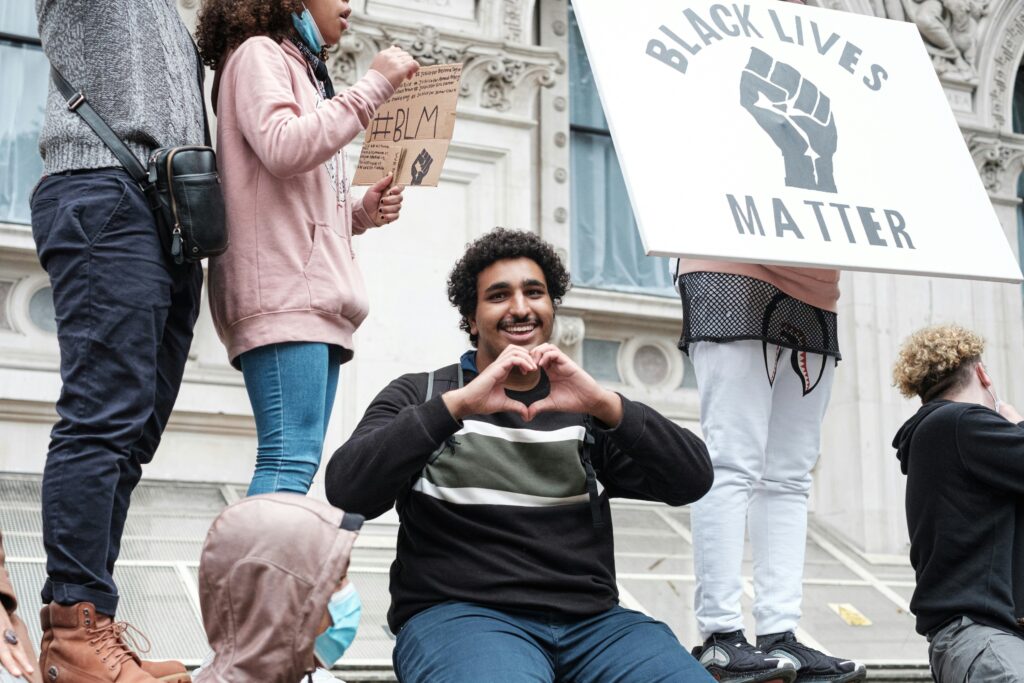The end of a deliberative Committee is marked by a vote of parliamentarians and citizens on the recommendations that have been produced. In the course of the Brussels and Walloon deliberative Committees, this voting procedure continues to be the subject of heated debates.

- Hybrid Deliberation
Deliberative Committees: Reflecting on the complexities of the voting process
Secret vote by citizens, public vote by parliamentarians
The intention of the Brussels founders of the Deliberative Committees was to allow parliamentarians and citizens to vote in the same way and in public. However, some constitutional experts feared that citizens would be asked to vote in the same way as elected representatives in an assembly. They therefore devised a procedure to give citizens back the power to vote without making them vote in the same way as elected representatives:
1.Citizens vote by secret ballot;
2.The result of the citizens’ vote is announced;
3.Parliamentarians vote in public with the knowledge of the result of the citizens’ vote;
4.MPs must justify themselves if the majority of their votes differ from those of the general public.
With this procedure, even if parliamentarians have the last word, they receive healthy pressure from citizens to guide their vote.
Getting elected representatives and citizens to vote in the same way
Since then, the reluctance of constitutionalists seems to have changed, and serious consideration is being given in Brussels to having elected representatives and citizens vote in the same way, in public. There would be no problem in giving citizens the same vote, since the system would be consultative in any case.
Wallonia's first deliberative Committee sheds light on this debate
Wallonia’s first Deliberative Committee, which focused on the topic of citizen participation, had the opportunity to debate the issue of voting. Its reflections were interesting, to say the least. The arguments exchanged by the participants qualify the Brussels aspiration for a public vote for both elected representatives and citizens. A significant proportion of the citizen participants expressed reservations about their vote being public.
Unlike elected representatives who are accountable, citizens are not a priori public figures. On sensitive issues, some participants said, it would be tricky to ask citizens drawn by lot to give their opinion publicly, without fearing outside pressure or impact on their private lives. Although they were in favour of equal voting rights for MPs and citizens, the difficulty of a public vote for the unelected led them to abandon this proposal.
A possible third way: have citizens and elected representatives vote by secret ballot
To achieve equality of voting between citizens and elected representatives without exposing citizens, Dreamocracy proposes a third way: to have elected representatives and citizens vote in the same way, but by secret ballot. This is what was done by the Irish Constitutional Convention.
The secret ballot also has another advantage for MEPs: it reduces the pressure of party discipline, which could hamper the freedom of their vote. Within the Brussels deliberative committees, this party discipline was particularly visible during the voting phases: “co-construction disappears because the MEPs vote along party lines”, reports a public official in charge of the system.
The secret ballot at the end of the process practised by the Irish Constitutional Convention may be part of the answer. If the deliberation has changed the opinion of the elected representatives on a subject and it differs from the position defended by their party, the deputies can thus vote more freely according to their own convictions.
Other related articles
Deliberative Committees: everything you need to know about this model of participation involving elected representatives and citizens Deliberative Committee: the Walloon Parliament innovates in the face of the democratic crisis
You’d like to know more about the voting methods used in this case?
Book an appointment with Victor, he knows all about it.
Send Victor an emailRelated posts
-

- Democratic Innovations
The Routledge Handbook of Collective Intelligence for Democracy and Governance
-

- Political Creativity
7 priority actions to put creativity at the heart of politics
-

- Democratic Innovations
Liberté, Égalité, Fraternité… Créativité! Dreamocracy’s Manifesto for 21st century democracy.